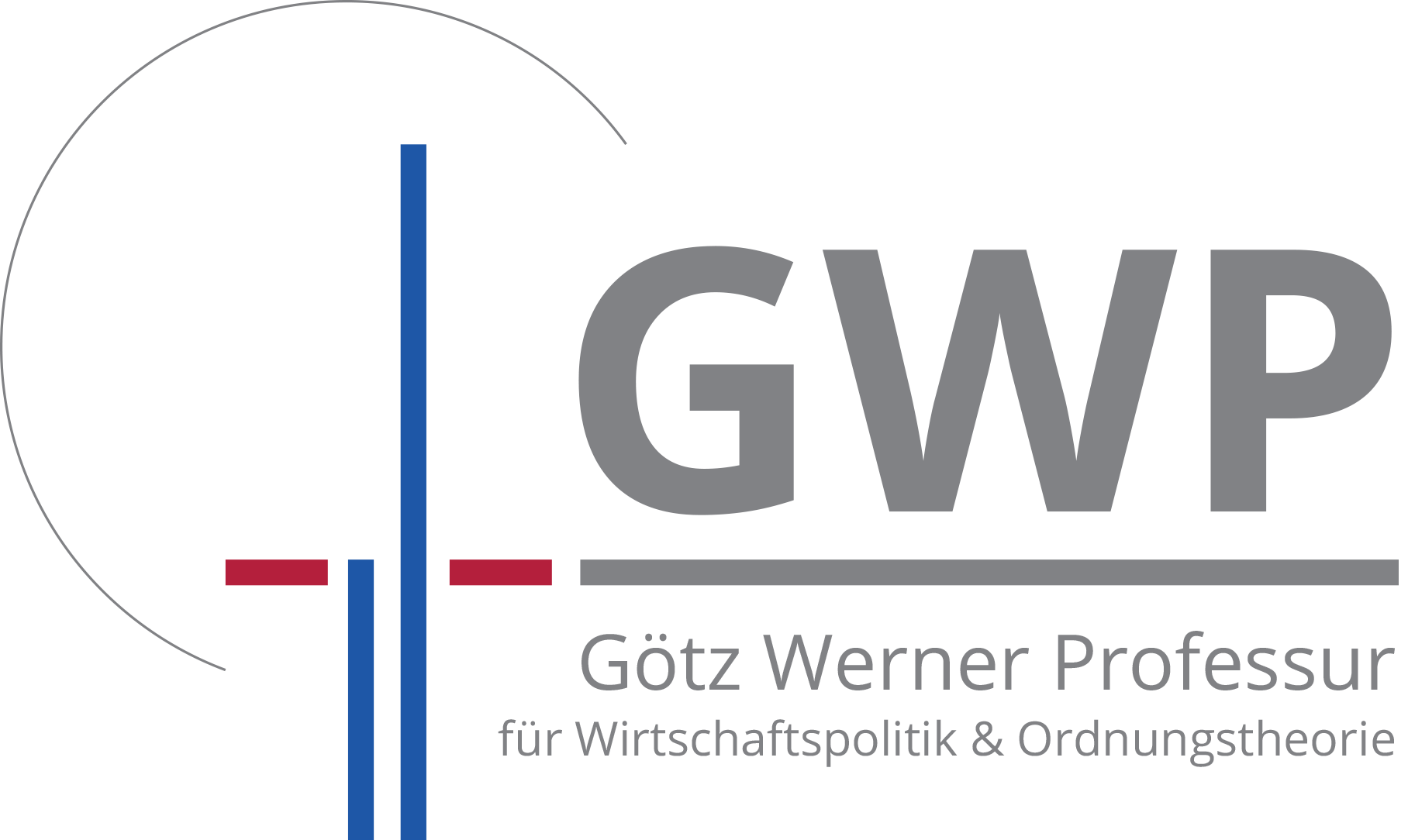Europe’s Crisis:
The Conflict-Theoretic Perspective
Interdisciplinary Workshop and the University of Freiburg, Germany
September 25-26, 2014
Organization:
Diana Panke / Tim Krieger / Bernhard Neumärker
Department of Political Science and Department of Economics, University of Freiburg
in cooperation with:
Laurent Goetschel (University of Basel and swisspeace)
Program
- Program – This version: September 20, 2014
Presentations
- Presentation S. Oeter – Conflict at the Interface of Economic Policy and Law
- Presentation F. Nicoli – The issue of Democratic Legitimacy in the Era of Fiscal Integration
- Presentation M. Sommer – Attributing the Crisis. A Greek- German Comparison
Venue, Registration & Accommodation
Keynote Speakers
- Prof. Dr. Kai Konrad, Max Planck Institute for Tax Law and Public Finance, Munich
- Prof. Dr. Gerald Schneider, University of Konstanz
About the Workshop
The destruction of the European continent during World Wars I and II led Robert Schuman, Jean Monnet and others to work towards the creation of the European Communities (EC) as an umbrella under which the former enemies could cooperate. This prevented a possible re-emergence of extreme nationalism and brought about long-lasting peace amongst the EC members. Ever since that time larger and smaller steps of European integration and enlargement have been conducted successfully, leading to the European Union we know today.
However, the recent financial and political crisis has challenged European integration in an unprecedented way. Important steps of integration such as the introduction of the Euro as the common currency or the removal of border controls in the Schengen area have been called into question by several citizens, politicians and scholars. Populist anti-EU parties celebrate successes in national elections, while the EU and other international organizations, most notably the International Monetary Fund (IMF), have been criticised as being invasive or even imperialistic. Within the current context of crisis management achieving social goals, such as the adaptation of living standards in the EU, appears to be postponed. Also, the divide between deteriorating and prosperous economies seems to increase the conflict potential between (groups of) EC member states. Moreover, the crisis triggered unpopular, far-reaching fiscal, economic, social and political reforms in several EU member states, leading to serious internal strains, even including the rise of extremist actions such as terrorist attacks.
This interdisciplinary workshop aims at exploring the current crisis in Europe from a conflict-theoretic perspective in order to gain a deeper understanding of political, social and economic conflicts and their dynamics within and between EU member states. We invite social scientists from economics and political science as well from neighbouring disciplines (e.g., sociology, psychology, law, philosophy etc.) to analyse the European crisis by emphasizing its conflict potential, conflict dynamics and attempts of crisis management and conflict resolution. Contributions may relate to a variety of scientific approaches including (but not limited to) the economics of conflict, public choice analysis, institutionalist approaches, or constitutional economics.
Authors of accepted contributions are invited to submit their papers (subject to the usual reviewing process) to a special issue of the Review of International Organizations.
Please send the title and an abstract of about one page length by April 20th, 2014, to the organizers (EU_crisis@vwl.uni-freiburg.de). Participants will be informed about the acceptance of their papers by May 9th, 2014.
About Freiburg
Located in the triangular of Germany, Switzerland and France, close to the Black Forest, Jura and Voges, Freiburg’s 220.000 inhabitants make it the largest city in southwest Germany. Founded in 1120, tradition and modernism blend into a harmonic mixture: While Freiburg is the vibrant cultural and economic center of the Black Forest region, it has managed to keep its traditional flair and a laid-back charm. More than 30.000 students make it a young city. Together with excellent local food and wine, the pleasant climate of Germany’s warmest region and the beautiful landscape make Freiburg one of the most favorite destinations in Germany.
Call for Papers
- Call for Papers (pdf) – Deadline for submissions: April 20, 2014
